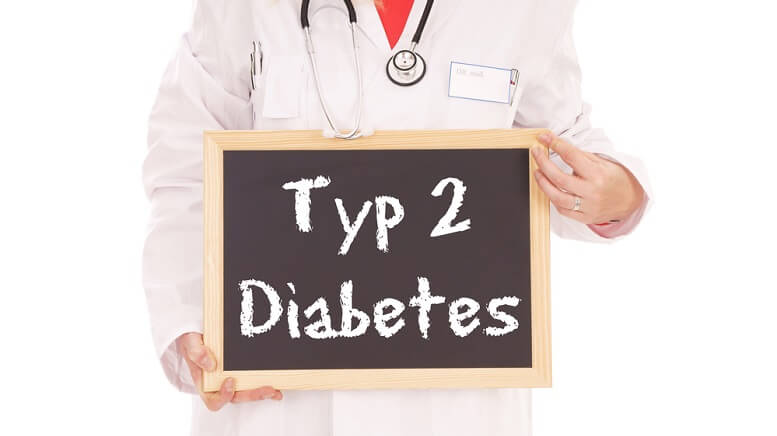Narcolepsy is a neurological sleep disorder that creates overwhelming daytime drowsiness and uncontrollable episodes of sleep. This disorder typically starts at an early age and can cause those suffering a number of problems. Luckily, there are ways of treating narcolepsy.
To help lessen the effects and control the symptoms of narcolepsy, altering your diet and meal times is essential. A proper diet can support brain function, promote repair, and trigger the normalization of the sleep cycle.
However, while a healthy diet can assist in treating narcolepsy, some foods can worsen it. Here we explain how you can modify your diet to reduce the effects of narcolepsy on your daily life.
The high levels of glucose found in complex sugars and carbohydrates inhibit orexin neurons. Reducing your consumption of sugar and other simple carbohydrates may be beneficial. Glucose consumption can also cause erratic changes in energy levels throughout the day. If you get most of your daily calories from glucose, drops in energy levels during the day may trigger narcolepsy symptoms.
A Ketogenic diet is a common technique used to decrease the effects of narcolepsy. A keto diet contains high-fat, adequate-protein, and low carbohydrates. Avoid foods high in carbohydrates, like starchy vegetables, grains, bread, pasta, and sugar. The Ketogenic diet has been used for curing difficult to control epilepsy in children. The Ketogenic diet is a neuroprotective and disease-modifying diet that benefits adult neurogenetic disorders including narcolepsy.
Some of the recommended foods for treating narcolepsy included in the ketogenic diet are:
- Coconut oil — Incorporating coconut oil into your diet increases the ketone levels in the blood. Ketones provide a clean source of energy for the body and assists in brain maintenance and repair.
- Raw, grass-fed butter — Raw organic butter is high in fat and low in carbs. The intake of this food provides the body with saturated fats, a type of healthy fat that is essential for improving brain function.
- Nuts and seeds — Eating foods rich in magnesium and calcium may help narcolepsy patients by reducing muscle weakness and restlessness. Raw nuts and seeds are good sources of magnesium, calcium, and melatonin.
- Wild salmon, sardines, and anchovies — Foods rich in omega-3 fatty acids support brain function and memory. These foods also contain tryptophan, an amino acid that gets processed into serotonin and then melatonin. Melatonin is a hormone made by the pineal gland that regulates the sleep-wake cycle and aids in the prevention of nighttime wakefulness in patients with narcolepsy.
Of course, you shouldn’t only alter your diet to treat narcolepsy. Other doctor-recommended lifestyle changes that serve as methods of alternative home treatment or as an addition to medical treatment include:
- Exercising regularly: This means consistent moderate exercise at least four hours prior to bedtime.
- Taking naps: Schedule 15-20 minute naps at regular intervals throughout the day, which should keep you rested for 1-3 hours.
- Sticking to a sleep schedule: Try your best to go to sleep and wake up at the same time every day.
- Eating regularly but lightly: Eat light meals at regular intervals throughout the day.
Original source: http://findquickanswers.com/foods-you-should-eat-if-you-have-narcolepsy/
Featured image: DepositPhotos – stockasso









